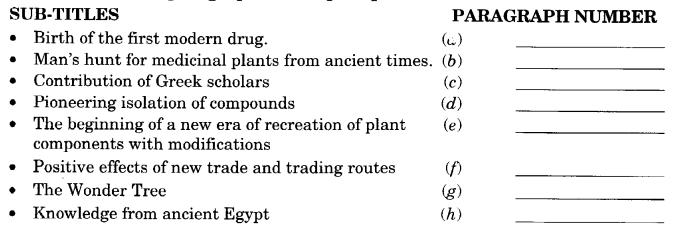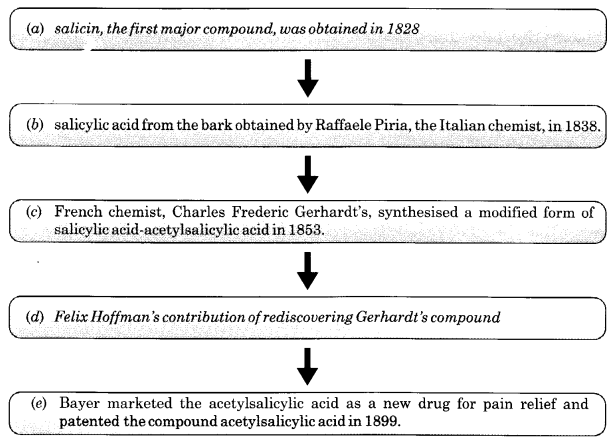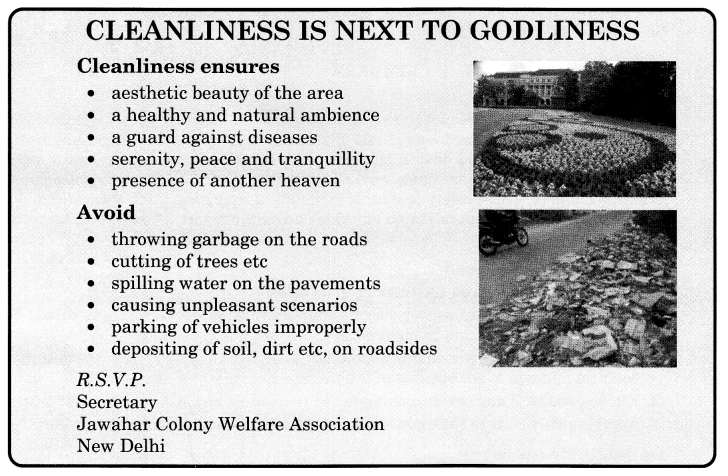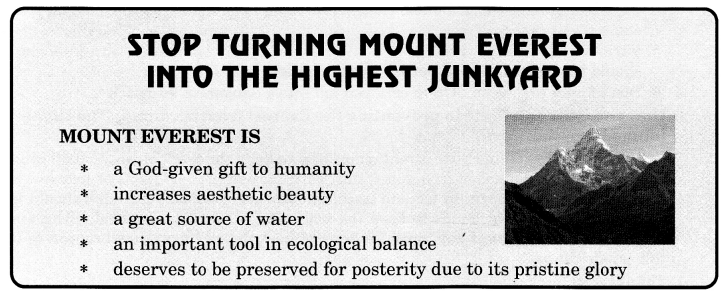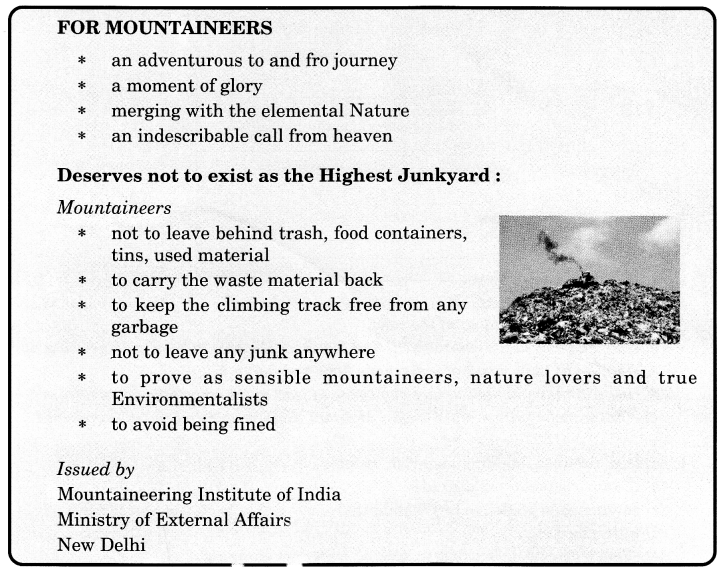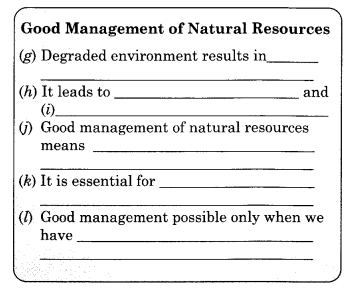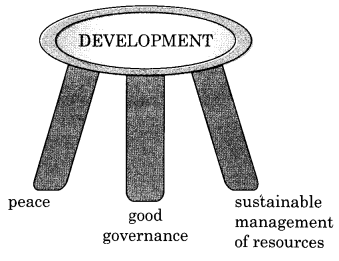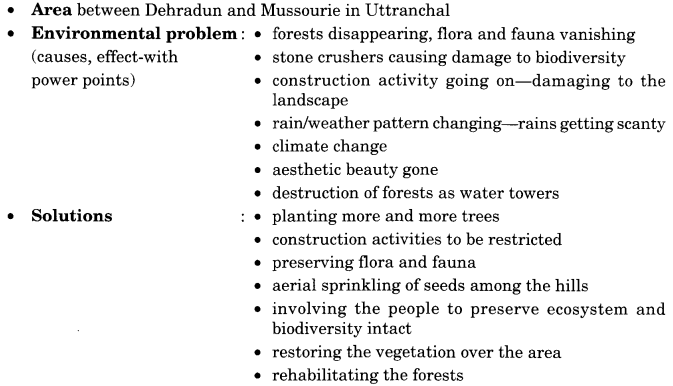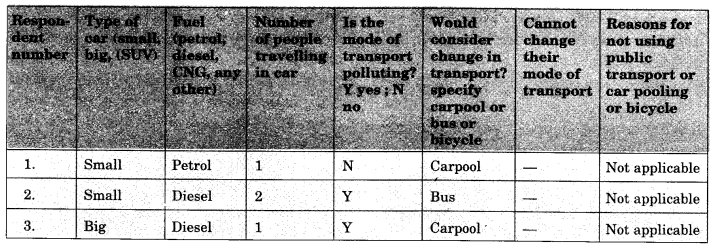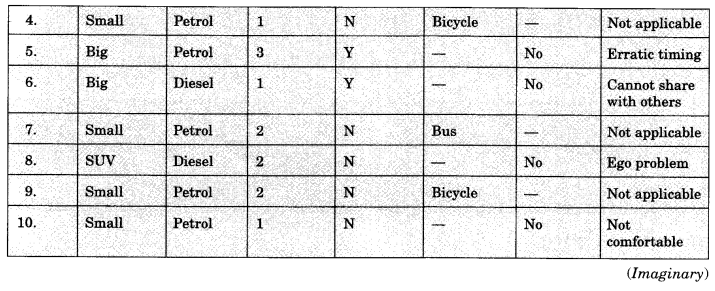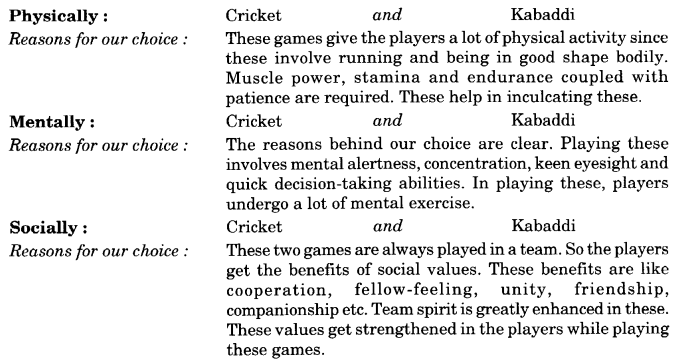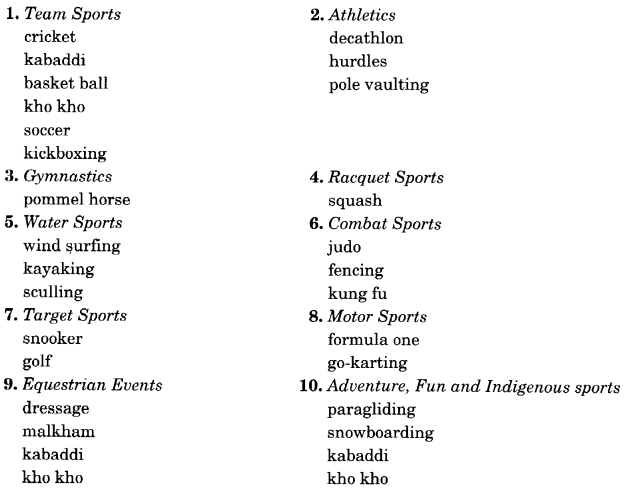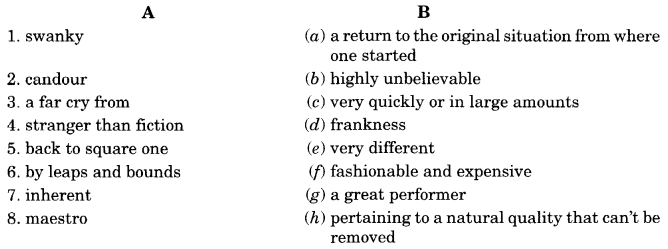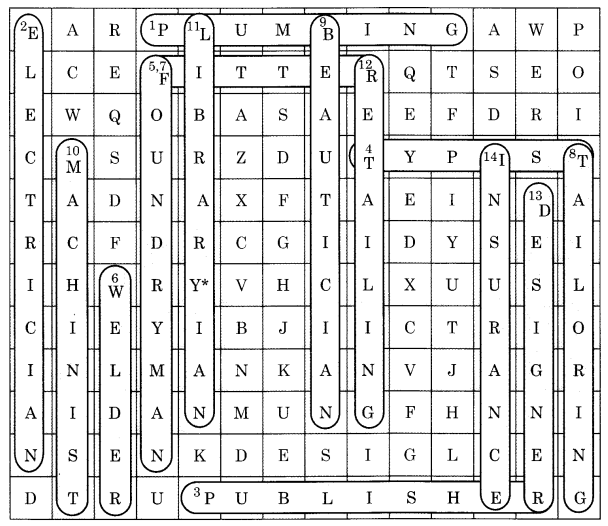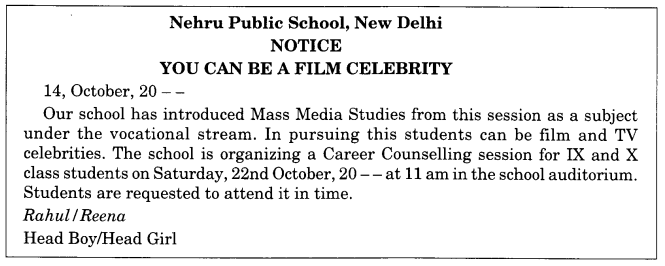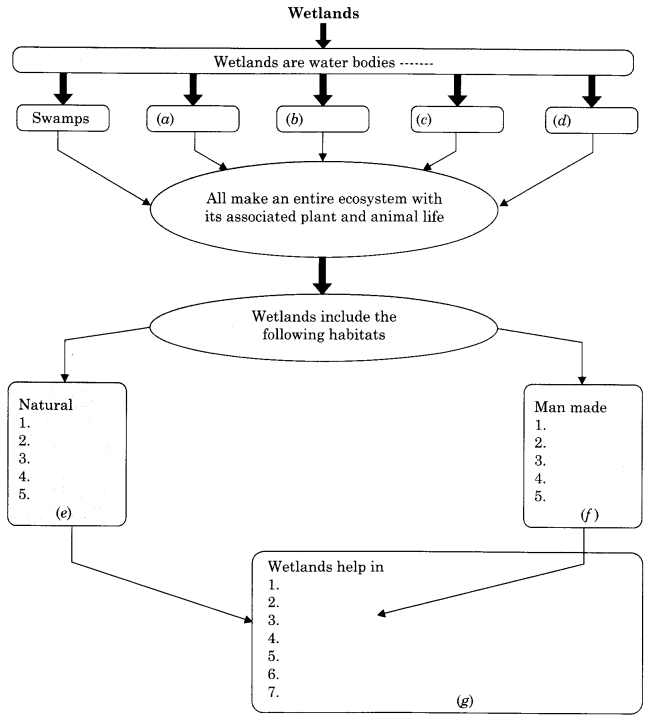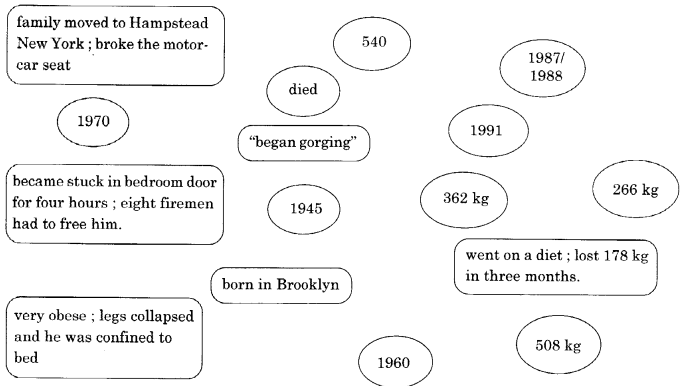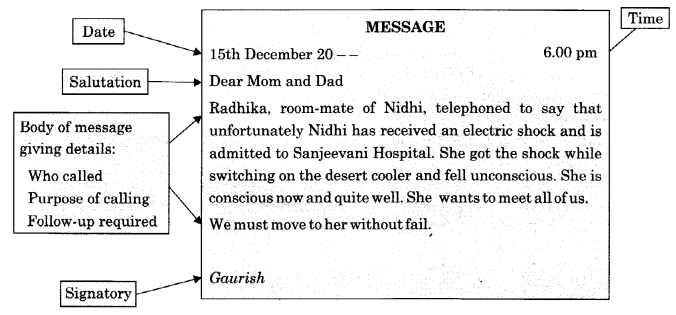NCERT Solutions for Class 10 English Footprints Without Feet Chapter 8 The Hack Driver are part of NCERT Solutions for Class 10 English. Here we have given NCERT Solutions for Class 10 English Footprints Without Feet Chapter 8 The Hack Driver.
| Board | CBSE |
| Textbook | NCERT |
| Class | Class 10 |
| Subject | English Footprints Without Feet |
| Chapter | Chapter 8 |
| Chapter Name | The Hack Driver |
| Category | NCERT Solutions |
NCERT Solutions for Class 10 English Footprints Without Feet Chapter 8 The Hack Driver
TEXTUAL EXERCISES
Read and Find Out {Pages 47 & 50)
Question 1.
Why is the lawyer sent to New Mullion ? What does he first think about the place ? (CBSE 2011)
Or
Why is the lawyer sent to New Mullion ? (CBSE 2015)
Answer:
The lawyer is sent to New Mullion to serve summons on Oliver Lutkins. He first thinks about the place to be a sweet and simple country village. But he finds it dirty and unclean.
Question 2.
Who befriends him ? Where does he take him ?
Answer:
A delivery man (Oliver Lutkins himself) befriends him. He takes him to the Fritz’s, Gustaffs barber shop and Wade’s Hill. He finally takes him to Lutkins’ house and his mother’s.
Question 3.
What does he say about Lutkins ?
Answer:
He says that Lutkins never pays anybody a cent. He is not really bad. But it is hard to make him part with his money. Then he escapes meeting.
Question 4.
What more does Bill say about Lutkins and his family ?
Answer:
Bill says that Lutkins has a mother. They have a farm three miles north. But her mother is a real terror. She is about nine feet tall and four feet thick. She is as quick as a cat.
Question 5.
Does the narrator serve the summons that day ? (CBSE 2011)
Answer:
The narrator does not serve the summons that day. He comes again to New Mullion. He serves it on Lutkins when he is recognised by another official. This official is with him.
Question 6.
Who is Lutkins ?
Answer:
Lutkins is a cheat. He borrows money from different persons. But he never returns that money. He escapes meeting also. He has a cheerful and friendly manner. He is a hack driver in New Mullion.
Think About It (Page 53)
Question 1.
When the lawyer reached New Mullion, did ‘Bill’ know that he was looking for Lutkins ? When do you think Bill came up with his plan for fooling the lawyer ?
Answer:
Bill (Lutkins himself) at once knew that the lawyer was looking for him. The lawyer’s first sentence to him is : ‘I want to find a man named Oliver Lutkins’.
Hearing him and knowing about his ways Bill (Lutkins himself) comes up with his plan. This plan is for fooling the lawyer at once.
Question 2.
Lutkins openly takes the lawyer all over the village. How is it that no one lets out the secret ?
(Hint: Notice that the hack driver asks the lawyer to keep out of sight behind him when they go into Fritz’s.) Can you find other such subtle ways in which Lutkins manipulates the tour ?
Answer:
Lutkins acts very cleverly. Wherever he takes the lawyer to find ‘Lutkins’, he gives out hints. These are to keep everything in secret. For example, Fritz looks at the lawyer hiding behind Bill and ‘hesitates’. Then he tells a lie.
Yes, he manipulates the tour cleverly. When he goes to Gustaffs barber shop, he first enters the shop. But the lawyer remains outside. In fact, he talks very confidently to the lawyer. His honesty and helpful nature impress him very much. But he plays a trick before it.
Question 3.
Why do you think Lutkins’ neighbours were anxious to meet the lawyer ? (CBSE 2011)
Answer:
The neighbours were anxious to meet the lawyer because he was a lawyer. A lawyer is supposed to be intelligent and clever. But Lutkins deceived such a man. This was really superb of him. So they were anxious to see such a lawyer who had been befooled.
Question 4.
After his first day’s experience with the hack driver the lawyer thinks of returning to New Mullion to practise law. Do you think he would have reconsidered this idea after his second visit ?
Answer:
No, he really changed his mind on his second visit. In his first visit he thought of the villagers as simple-hearted. But it was not so. They were crafty and deceptive as he learnt later. They also told lies as Lutkins proved so.
Yes, he would surely have reconsidered this idea after his second visit.
Question 5.
Do you think the lawyer was gullible ? How could he have avoided being taken for a ride ?
Answer:
Yes, the lawyer was surely gullible. If he had had a worldly experience, he would not have been befooled by Lutkins himself.
Talk About It
Question 1.
Do we come across persons like Lutkins only in fiction or do we encounter them in real life as well ? You can give examples from fiction, or narrate an incident that you have read in the newspaper, or an incident from real life.
Answer:
We do come across persons like Lutkins in our real life also. They are successful in deceiving people like Lutkins. They can easily be identified after their first or second tricks or deceptions.
The best example of such man is that of Mr. Natwarlal. He landed in jail after deceiving lots of people.
Yes, I remember one such incident. A young man known to me got his first salary. He was very excited. He wanted to give a little gift of gold to his mother. He went to the bullion market. A con man met. He told him that he could get him one real gold chain cheaply. The young man fell into his trap. He bought the chain. That was found to be fake one.
Question 2.
Who is a ‘con man’, or a confidence trickster ?
Answer:
A ‘con man’ is a trickster. He is a master at deceiving people like the young lawyer being deceived by Lutkins himself.
We hope the NCERT Solutions for Class 10 English Footprints Without Feet Chapter 8 The Hack Driver help you. If you have any query regarding NCERT Solutions for Class 10 English Footprints Without Feet Chapter 8 The Hack Driver drop a comment below and we will get back to you at the earliest.
